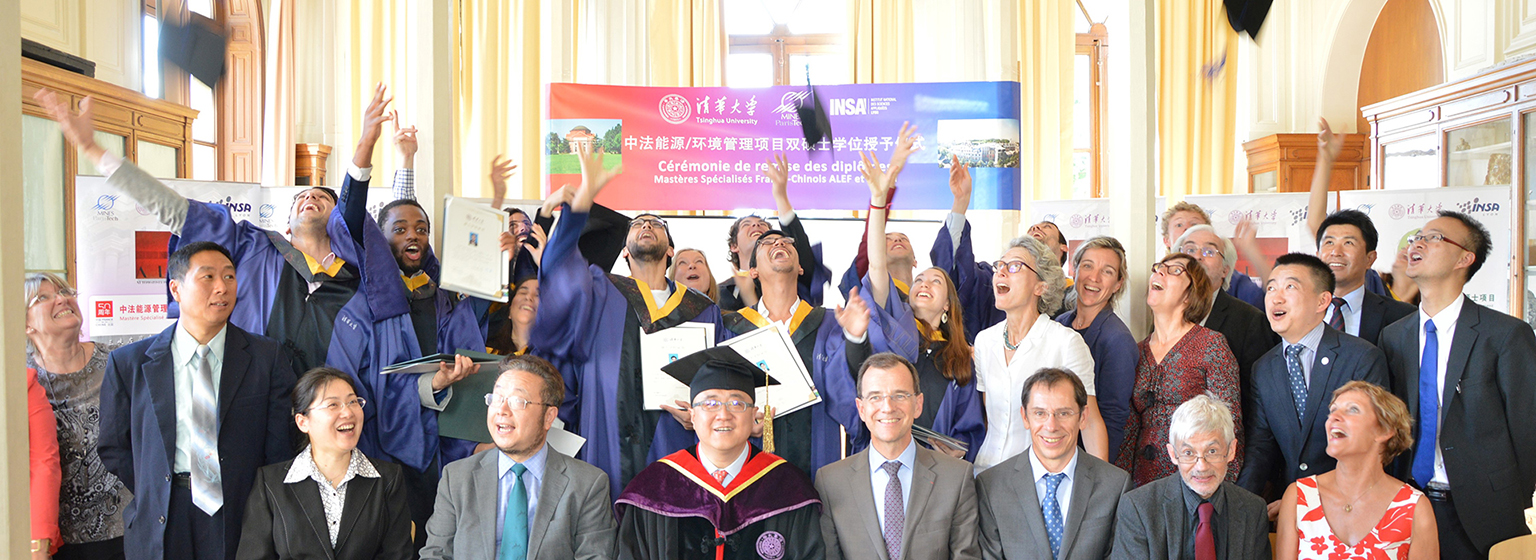課程編號(hào):80050253
課程名稱:全球環(huán)境問題Global Environmental Issues
課程學(xué)時(shí):48
課程學(xué)分:3
授課語言:英文
課程簡(jiǎn)介:本課程將針對(duì)全球氣候變化、持久性有機(jī)污染物、危險(xiǎn)廢物越境轉(zhuǎn)移和國際化學(xué)品管理、生物多樣性及其保護(hù)、全球和區(qū)域大氣污染傳輸?shù)?個(gè)全球環(huán)境問題分專題進(jìn)行授課和研討。 針對(duì)全球氣候變化問題,本課程將介紹全球氣候變化的科學(xué)事實(shí)和成因、全球氣候變化的影響與適應(yīng)、減緩全球氣候變化的社會(huì)經(jīng)濟(jì)影響、聯(lián)合國氣候變化框架公約及其談判進(jìn)程、全球碳市場(chǎng)、全球能源問題等內(nèi)容,并就上述內(nèi)容中的熱點(diǎn)問題組織專題討論。 針對(duì)持久性有機(jī)污染物這一全球環(huán)境問題,本課程將介紹其起源、POPs的特點(diǎn)與全球遷移過程、POPs公約的形成過程、公約中主要受控POPs物質(zhì)、公約規(guī)定的主要義務(wù)、發(fā)展中國家的履約障礙、發(fā)達(dá)國家的資金與技術(shù)援助義務(wù)、公約發(fā)展動(dòng)向與主要問題,并重點(diǎn)對(duì)新POPs增列問題展開研討。 針對(duì)危險(xiǎn)廢物越境轉(zhuǎn)移和國際化學(xué)品管理問題,本課程將圍繞相關(guān)的國際公約進(jìn)行介紹、分析和討論。在對(duì)危險(xiǎn)廢物的基礎(chǔ)知識(shí)進(jìn)行介紹的基礎(chǔ)上,講授分析巴塞爾公約的起源、內(nèi)容和發(fā)展趨勢(shì),其中重點(diǎn)講授巴塞爾公約的熱點(diǎn)問題。同時(shí)還將對(duì)鹿特丹公約的主要內(nèi)容、國際化學(xué)品管理戰(zhàn)略方針以及廢物和化學(xué)品公約與其他國際環(huán)境問題的關(guān)聯(lián)進(jìn)行分析,并對(duì)上述內(nèi)容的熱點(diǎn)問題進(jìn)行討論。 關(guān)于生物多樣性及其保護(hù)部分,本課程將讓學(xué)生了解全球的生物多樣性及其保護(hù)狀況,以及全球氣候變暖和人類活動(dòng)對(duì)生物多樣性的影響。課程內(nèi)容將包括:生物多樣性概要(包括定義、全球的狀況、中國的狀況)、生物多樣性的重要性、生物多樣性的受脅狀況和威脅因素、生物多樣性評(píng)價(jià)、氣候-能源和生物多樣性關(guān)系、當(dāng)前生物多樣性的研究趨勢(shì)。 關(guān)于全球和區(qū)域大氣污染傳輸部分,本課程主要圍繞區(qū)域性臭氧、細(xì)粒子、汞、酸沉降等大氣環(huán)境問題的污染特征、來源、傳輸和化學(xué)轉(zhuǎn)化進(jìn)行介紹、分析,并就當(dāng)前研究的熱點(diǎn)問題展開討論。課程內(nèi)容將包括:全球和區(qū)域大氣污染物排放狀況、全球和區(qū)域臭氧、細(xì)粒子、汞、酸沉降的污染特征及其變化趨勢(shì)、半球大氣污染物的跨境傳輸與化學(xué)轉(zhuǎn)化、區(qū)域大氣污染控制對(duì)策、當(dāng)前的研究熱點(diǎn)和趨勢(shì)等。
This course will target five global environmental issues, including global climate change, persistent organic pollutants, transboundary movements of hazardous waste and international chemicals management, biodiversity and its conservation, and global and regional air pollution transport, in thematic sessions and seminars.
For each issue, the course will cover its basic scientific evidence and courses, the impacts and responding measures, the associated social and economic impacts of both the issues and its potential responding measures, the international governance and actions for addressing the challenge, and so on. Several discussion topics will be identified for active engagement of students in the course each of aforementioned issue.
(1) To address the issue of global climate change, this course will introduce the scientific facts and causes of global climate change, the impacts of global climate change and adaptation, the socio-economic impacts of mitigating global climate change, the United Nations Framework Convention on Climate Change and its negotiation process, the global carbon market, and global energy issues, and organize discussions on the hot issues in the above-mentioned contents.
(2) On POPs issue, this course will introduce the origins of POPs as a global environmental problem, the characteristics and global transport of POPs, the formation of the POPs Convention, the main controlled POPs substances in the Convention, the main obligations under the Convention, the obstacles to compliance in developing countries, the financial and technical assistance obligations of developed countries, the development trends and main issues of the Convention, and focus on the new POPs listing.
(3) This course introduces, analyzes and discusses the international conventions related to transboundary movements of hazardous wastes and international chemicals management. Based on the introduction of basic knowledge of hazardous waste, the course will analyze the origin, content and development trend of the Basel Convention, with emphasis on the hot issues of the Basel Convention. The main elements of the Rotterdam Convention, the Strategic Approach to International Chemicals Management, and the relevance of waste and chemicals conventions to other international environmental issues will also be analyzed, and topical issues of the above elements will be discussed.
(4) Regarding the section on biodiversity and its conservation, this course will provide students with an understanding of global biodiversity and its conservation status, as well as the impact of global warming and human activities on biodiversity. The course covers an overview of biodiversity (including definitions, global status, and China's status), the importance of biodiversity, biodiversity threats and threat factors, biodiversity assessment, climate-energy and biodiversity relationships, and current trends in biodiversity research.
(5) Regarding the global and regional air pollution transport, this course focuses on the pollution characteristics, sources, transport and chemical transformation of regional ozone, fine particles, mercury, acid deposition and other atmospheric environmental problems, and introduces and analyzes them, and discusses the hot issues of current research.
(6) On the topic of global and regional air pollution, this course will introduce air pollutant emission status, pollution characteristics of global and regional ozone, fine particles, mercury, acid deposition and their changing trends, cross-border transport and chemical transformation of hemispheric air pollutants, regional air pollution control countermeasures, current research hotspots and trends, etc.





